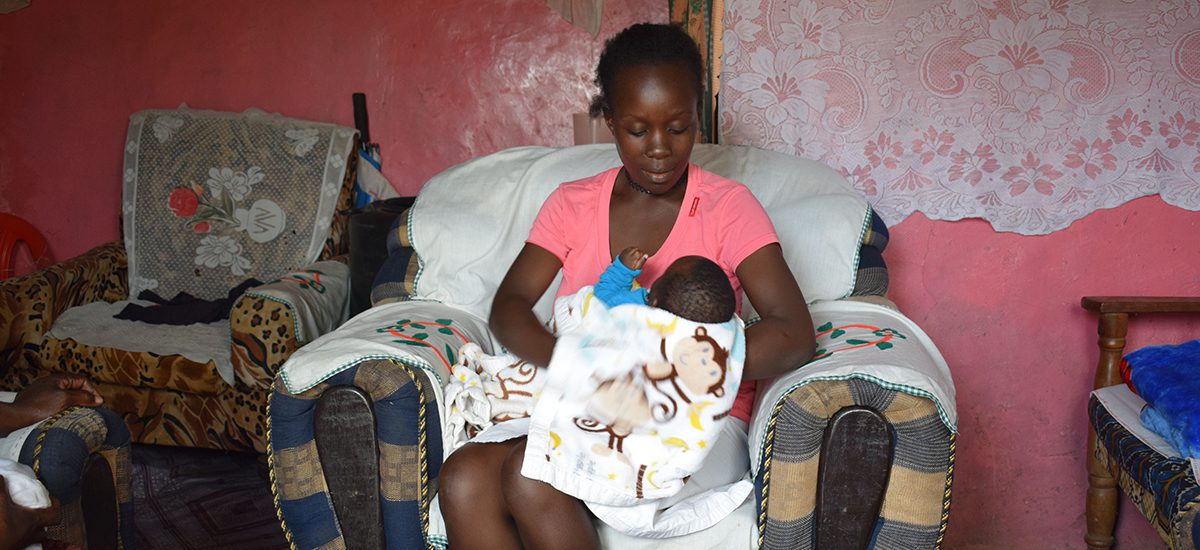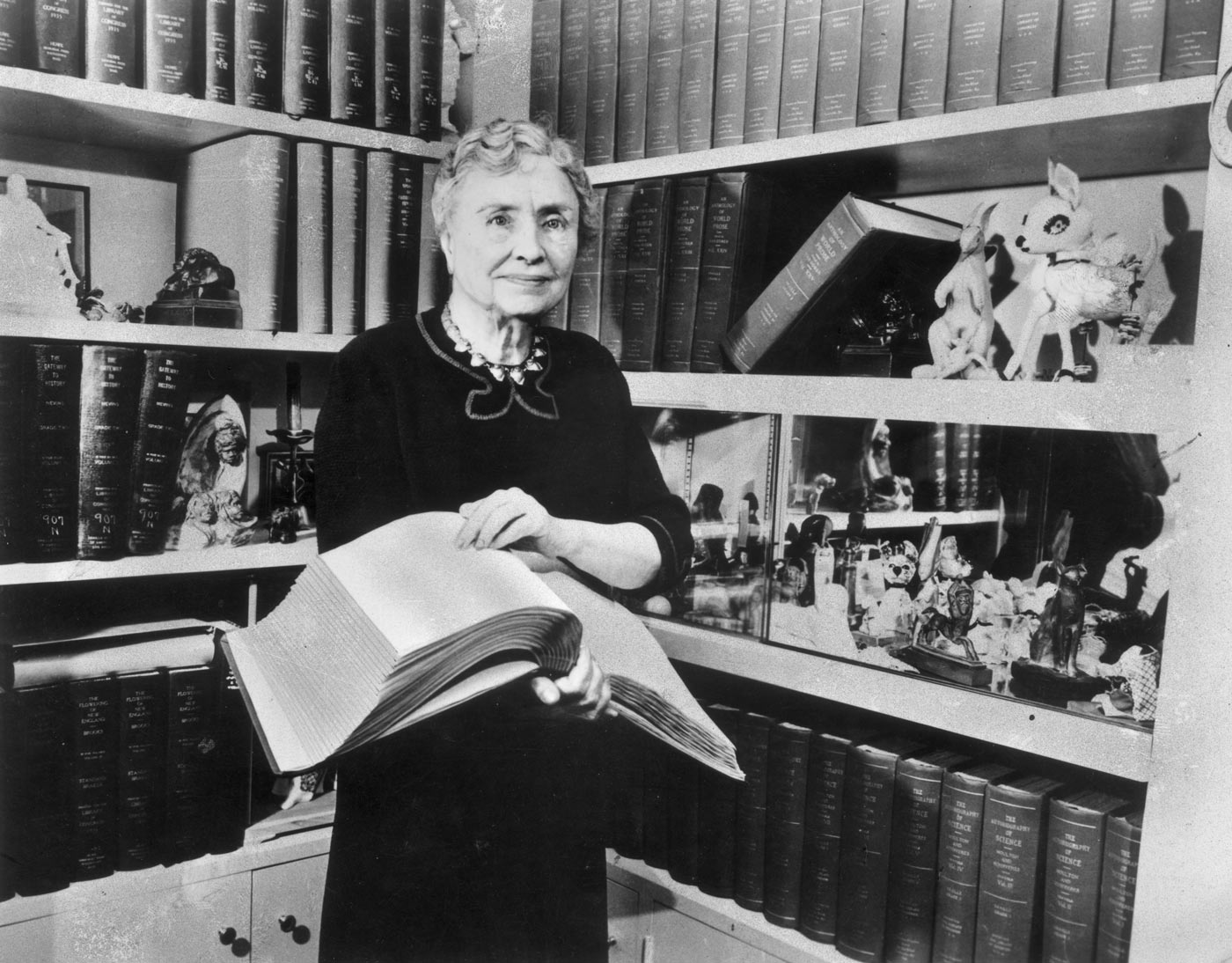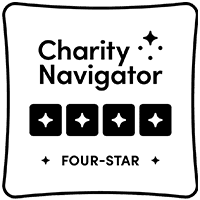
Statement from Helen Keller International
As a global health organization, Helen Keller International fully supports the World Health Organization’s (WHO) guidance on optimal infant and young child feeding which promotes the early initiation of breastfeeding at birth followed by exclusive breastfeeding for 6 months when appropriate complementary foods should be introduced alongside continued breastfeeding until the age of two years or beyond. Scientific evidence has shown that improving breastfeeding practices could save more than 820,000 children’s lives globally each year. WHO’s guidance informs all of Helen Keller’s nutrition programs across Africa and Asia Pacific in our efforts to improve the nutrition and health of infants and young children.
Helen Keller Intl also supports the implementation of the WHO’s International Code of Marketing of Breastmilk-substitutes adopted at the 34th World Health Assembly in 1981. The aim of the Code is “to contribute to the provision of safe and adequate nutrition for infants, by the protection and promotion of breast-feeding, and by ensuring the proper use of breast-milk substitutes, when these are necessary, on the basis of adequate information and through appropriate marketing and distribution.”
Through our Assessment and Research on Child Feeding (ARCH) project, Helen Keller has undertaken studies to identify and address issues around the Code and compliance including documenting marketing practices related to foods for children. The findings of our research have helped to inform WHO’s Guidance on Ending the Inappropriate Promotion of Foods for Infants and Young Children put forth at the 69th World Health Assembly in 2016 and warmly welcomed by country delegates.
This past May, delegates from around the world gathered in Geneva for the 71st World Health Assembly (WHA). Helen Keller’s ARCH team attended this WHA to support the adoption of a draft Resolution on Infant and Young Child Feeding which was prepared as follow-up to the earlier 2016 WHA Guidance. This resolution affirmed the critical role of breastfeeding in maternal and child health, expressed concern over low rates of breastfeeding worldwide, and called on WHO Member States to increase investment and implementation in breastfeeding policies, systems, and environmental supports. Easy passage was expected, but the opposition of this evidence-based guidance by the United States delegation has been widely reported by journalists around the world. In the end, this push-back led to an amended version of the resolution with much weaker language which was then eventually passed.
Helen Keller Intl is deeply concerned that industry interests to promote breastmilk substitutes (infant formula, growing up milks and follow on formulas) are allowing profit to take precedence over infant health when the evidence supports the importance of optimal breastfeeding as a means to ensure the health and survival of infants living in resource poor communities.
Helen Keller Intl strongly urges the full support by all governments for the work of the WHO related to the promotion of optimal infant and young child feeding as put forth at the 2018 WHA, and urges all governments to ensure that trade and commercial interests of breastmilk substitutes manufacturers not dictate global policy, undermine breastfeeding and claim children’s lives.



